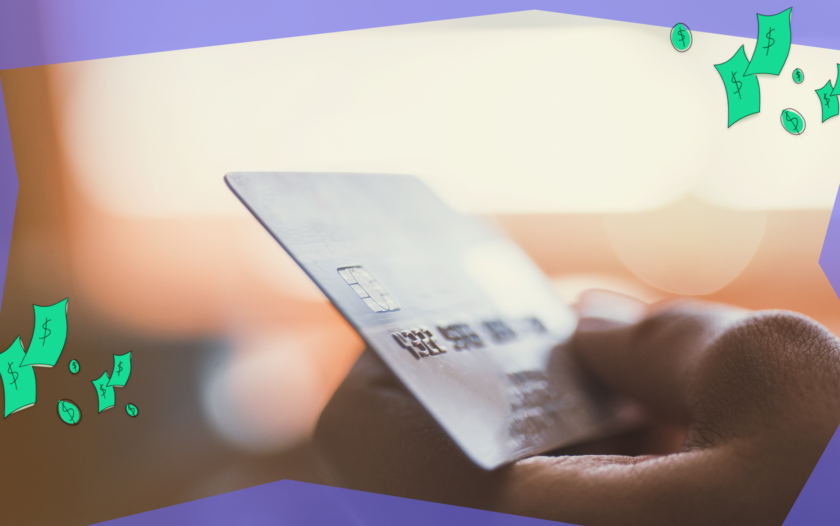How do Credit Card Payments work?
About Harrison
Harrison Pierce is a writer and a digital nomad, specializing in personal finance with a focus on credit cards. He is a graduate of the University of North Carolina at Chapel Hill with a major in sociology and is currently traveling the world.
Read full bio
At a Glance
It’s essential to understand how credit card payments work to manage your finances effectively and avoid costly late fees and interest charges. Let’s delve into the intricacies of credit card payments, explaining credit card balances, payment processes, the right time to pay, and strategies to avoid late fees.
In this article, you’ll learn:
$430
The amount the average consumer puts toward their credit card debt per month.


What is a credit card balance?
Before diving into the payment process, it’s crucial to understand the concept of a credit card balance. A credit card balance represents the total amount you owe to your credit card issuer. It includes both the purchases you’ve made and any outstanding interest or fees.
How do credit card payments work?
Credit card payments are relatively straightforward. When you make a purchase using your credit card, you’re essentially borrowing money from your card issuer. You’ll need to make regular payments to pay back this borrowed amount. These payments consist of two parts: the minimum payment and any additional amount you choose to pay.
When is the right time to make a credit card balance payment?
To maintain a healthy financial profile and avoid interest charges, it’s advisable to pay your credit card balance in full each month. Credit card issuers typically give you a grace period between the end of your billing cycle and the due date. Paying your balance in full during this period allows you to avoid interest charges entirely.
How to avoid credit card late payment fees?
Late payment fees can be a significant financial burden. To avoid them, consider implementing the following strategies.
1. Autopay
Set up an autopay option to ensure at least the minimum payment is made automatically each month. This prevents you from missing a payment accidentally.
Learn more: Auto Pay on Credit Cards
2. Select a payment date
Choose a payment date that aligns with your financial situation, ensuring you have the funds to cover your credit card bill.
3. Sign up for notifications
Many credit card issuers offer email or text notifications to remind you of upcoming due dates. Enabling these alerts can help you stay on top of your payments.
4. Monitor your spending
Regularly review your credit card statements to track spending and identify unauthorized transactions or errors. This will also help you budget effectively.
5. Make early payments
Paying your credit card bill early can reduce the likelihood of forgetting or missing the due date. Additionally, it can reduce the average daily balance, which affects interest charges.
FAQs
Paying your credit card monthly involves settling the outstanding balance by the due date indicated on your statement. This can be done manually or through automated payments.
Paying your credit card in full every month is a wise financial practice as it helps you avoid interest charges. However, if you can’t pay the full amount, at least make the minimum payment to avoid late fees.
You can make your credit card payments through various methods, including online banking, mobile apps, checks, or automatic transfers. Choose the method that suits you best and ensures timely payments.









